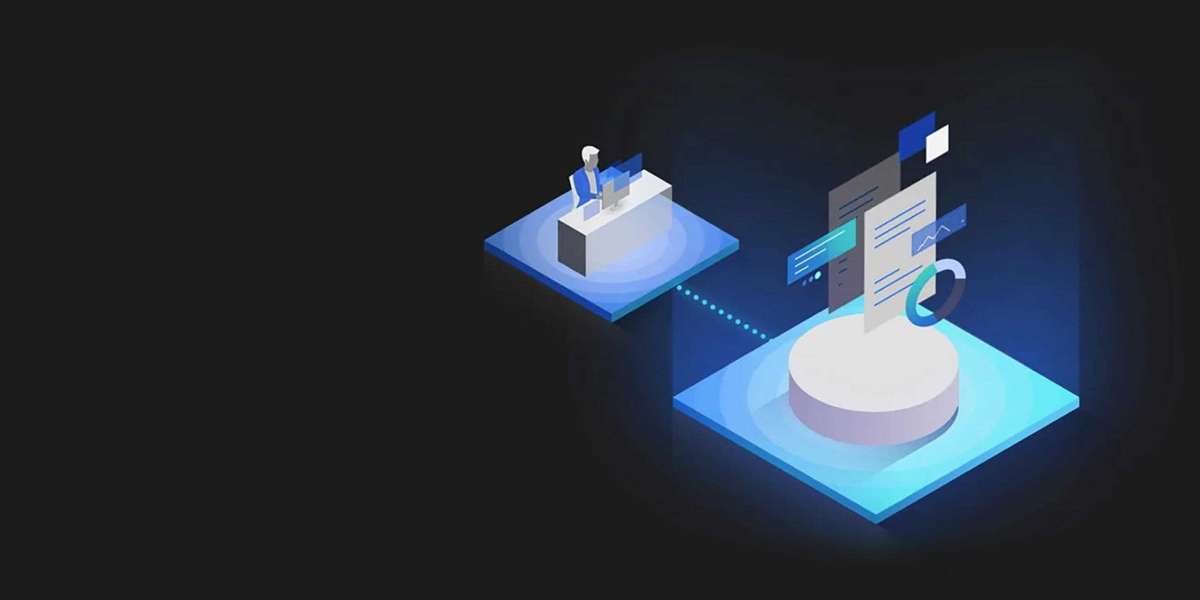The health industry is made up of a diverse range of components and practices. We rarely talk about data, despite the fact that it is obviously crucial to practice management. Processing the vast amount of medical informatics calls for a reliable system.
Electronic data interchange (EDI) transactions safely convey data between hospital systems, insurers, and patients using pre-established message formats and standards. The EDI system lowers the cost of data interchange and interpretation, solves conversion issues, and improves interoperability in the healthcare industry. Health plans, clearinghouses, and healthcare providers must all abide by the same requirements for all EDI transactions in order to transmit medical records electronically in a HIPAA-compliant manner. Thanks to EDI solutions, electronic health records are accurate and secure. Medical EDI deployment requires strict adherence from all parties to the data requirements. For instance, if the data is transmitted to a computer that will receive it, the computer's electronic data exchange programming will translate it into a language that is not human. Electronic data solutions assign a standard code to each documentation set they utilize.
Healthcare organizations utilize ten different kinds of electronic data interchange software that complies with HIPAA:
- Healthcare practitioners and regulatory authorities can submit retail pharmacy claims through this transaction, which enables providers and patients to access and exchange data. Additionally, the payers receive information from this EDI software system regarding claims for retail pharmaceutical services and payments for medical bills.
- Insurers use the healthcare claim payment/advice transaction to pay healthcare providers.
- Unions, governmental entities, insurance firms, associations, or healthcare organizations paying claims use this edi tool for healthcare.
- Benefits enrolment and maintenance.
- Through payroll deduction and other group premium payments, an EDI transaction in the healthcare industry makes premium payments for insurance products. Healthcare providers exchange electronic data with financial organizations.
- The main objective of this electronic data exchange solution is to respond to inquiries regarding a subscriber's or dependent's eligibility for healthcare benefits and other requests for information.
- Status of healthcare claims – This EDI healthcare feature enables healthcare providers to inquire about or confirm the standing of claims that have already been submitted to a payer, like an insurance provider.



